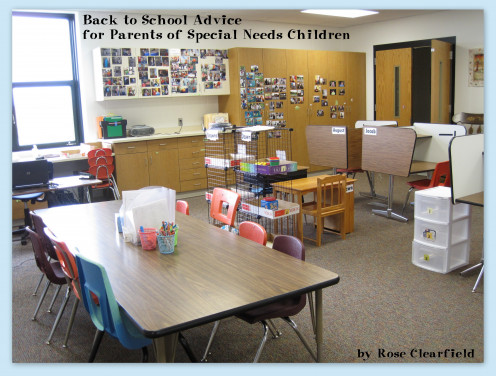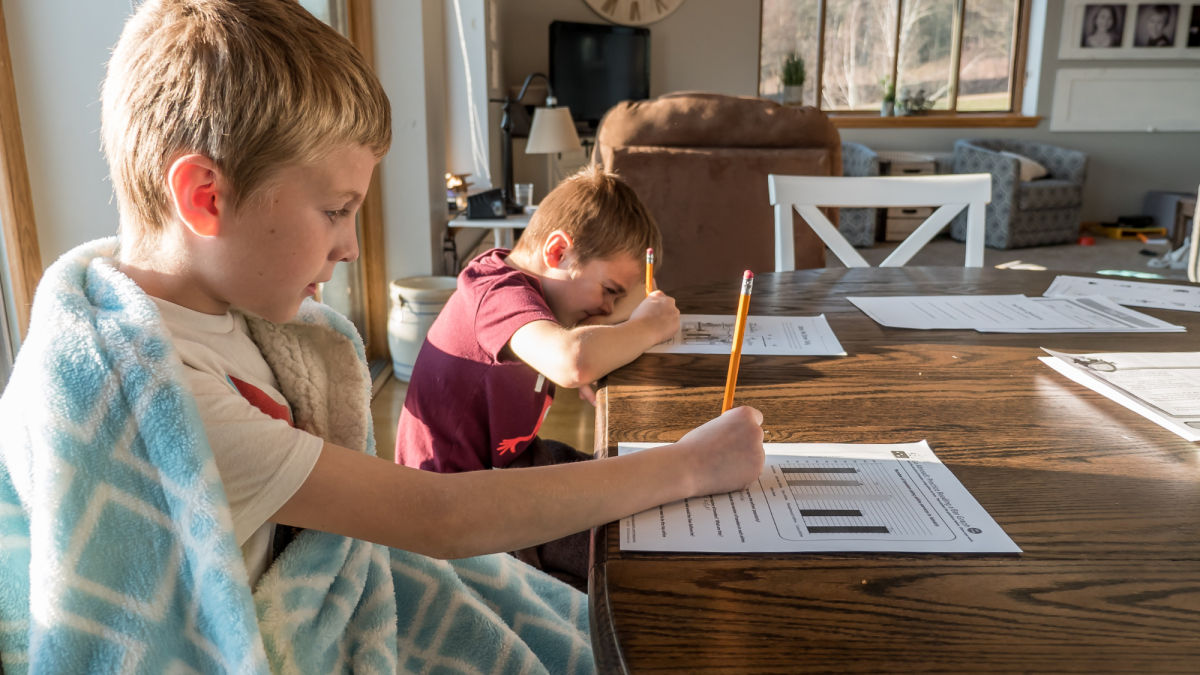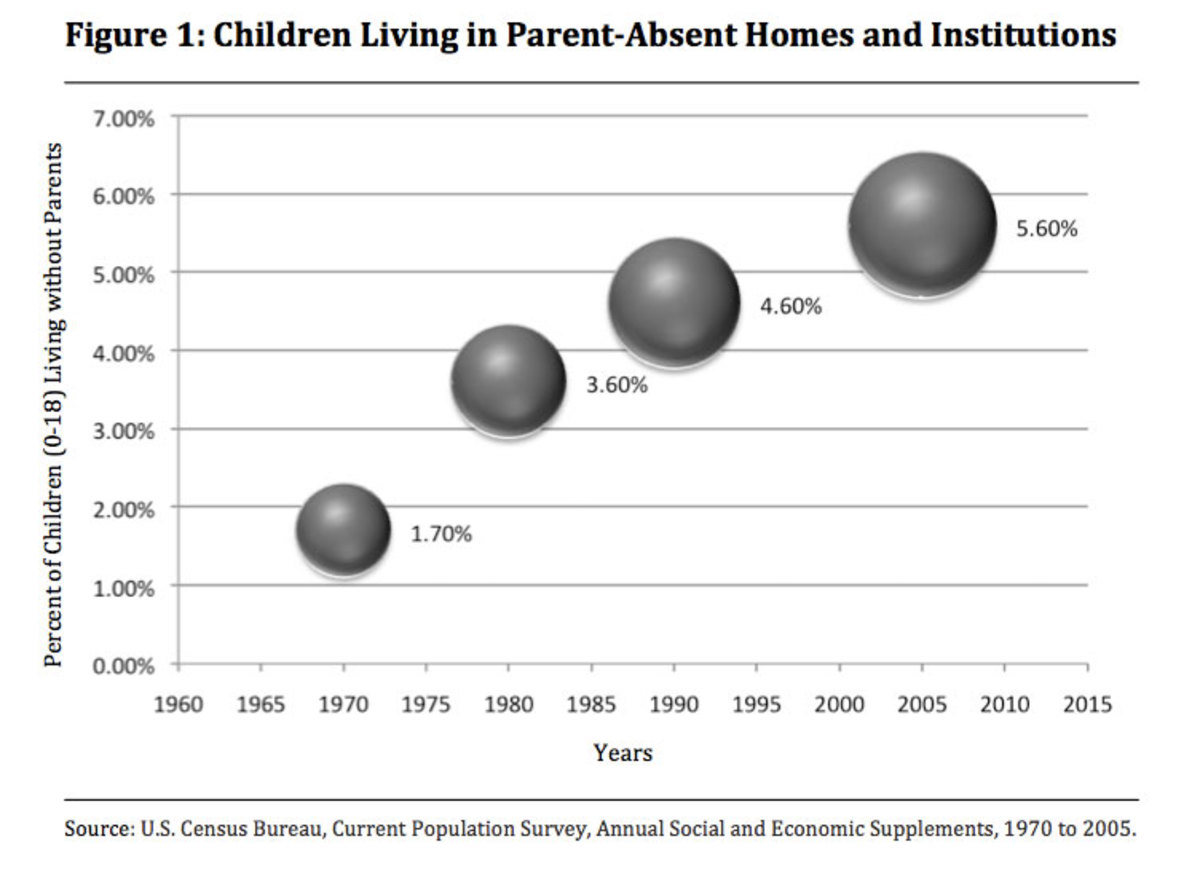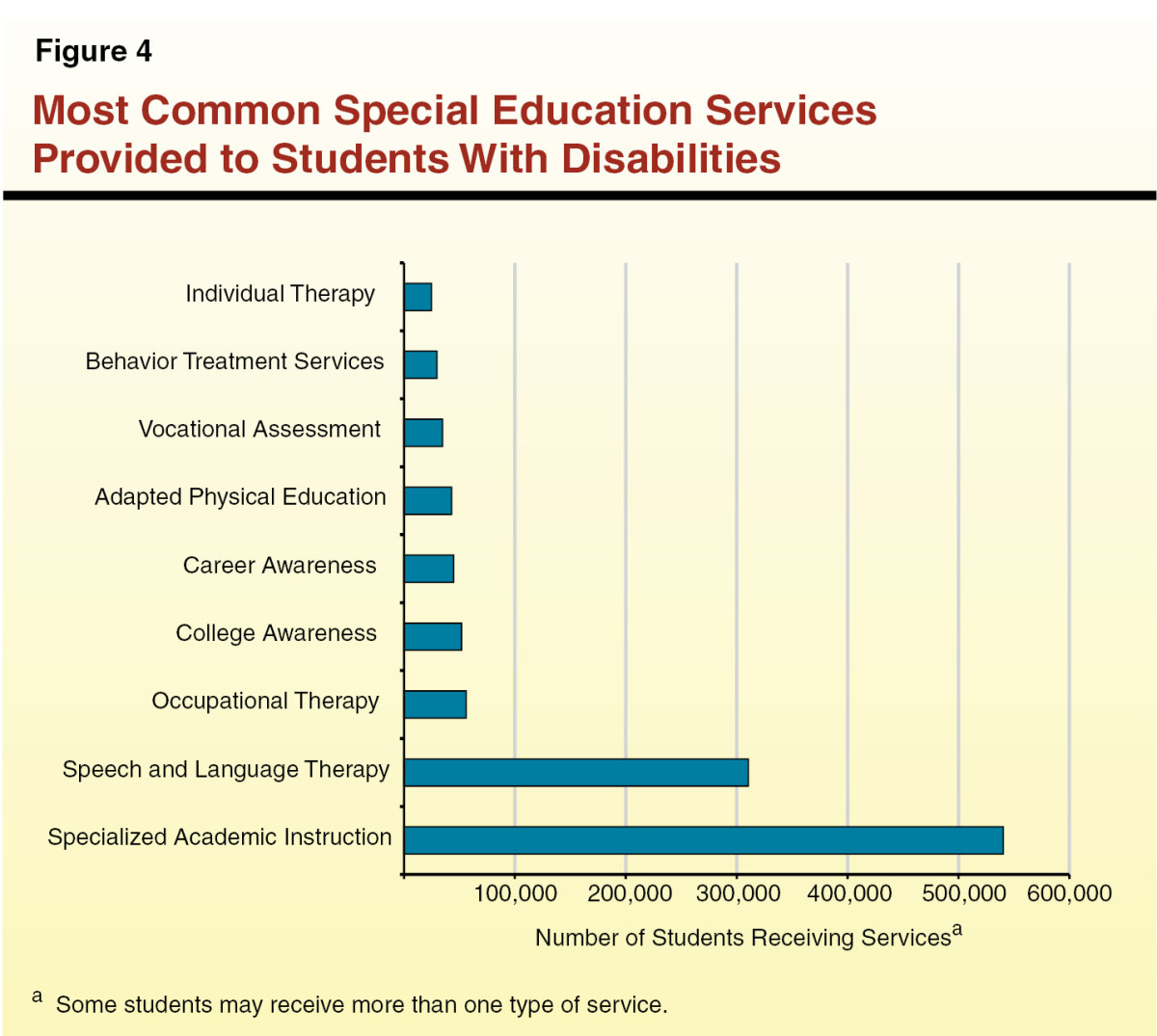Back to School Advice for Parents of Special Needs Children

How To Prepare for your First Day of School
Anyone who is a teacher or parent has seen lots of parents on both ends of the spectrum when it comes to involvement with their children. The key is moderation. You do not want to be the parent who does not bother to attend conferences and needs multiple reminders to turn in permission slips. You also do not want to be the parent who drops by the school and/or calls teachers every single day.
Having your children start school is a big transition for both parents and children. This transition can be even more stressful for parents of children with special needs. There is a lot of anxiety, and there are a lot of questions. Hopefully you have found or are in the process of narrowing down a great school for your child or children. If you are still looking at schools, check out this article. Having a school system that is fully dedicated to your children in every way that they can be is a huge relief. However, you probably still have questions. I hope that this article will answer some of those questions for you.

Getting kids involved with cooking at home is a great pre-academic experience for them.
Links for Reading and Cooking
- How to Find Children's Picture Books To Fit Any Topic
- Listen to Children's Storybooks Online (for free!): A Link List
- Search Site matching 'kids in the kitchen'
Search hubs matching 'kids in the kitchen.' There are tons of great suggestions!
Attend meetings, open houses, etc. I know that it is not possible to attend every school function, but make every effort to attend conferences and big school events such as open house and all school concerts. It means a lot to both the students and the teachers when parents make this effort. Having parents at conferences helps keep the lines of communication open both ways. Having high attendance numbers at school functions keeps morale and motivation up for the entire school population and the community in general.
If applicable, do a home visit. Many schools have home visits for preschoolers or kindergarteners who are just starting school. Someone at the school will contact you about setting up this visit. Generally the visit is very informal and fairly short (15-20 minutes). It gives the teacher and the student an opportunity to meet each other in a setting that is familiar and comfortable for the child.
Pre-academic experiences: Many suggestions in this hub are not specific to special needs children. This one is no exception. The best pre-academic experiences are good for all students, no matter what their needs are. Read to your children at home. I've included several links below with reading suggestions and online resources. Reading at home does not have to be a huge time commitment. See if you can work in 10-15 minutes a few times a week. Give your children interesting experiences. These experiences do not have to be expensive. Local and at home options include, but are certainly not limited, to: trips to the library, cooking/baking projects, nature walks in your neighborhood or town, and trips to the park.
Support Group/Forum Links
Continue therapy at home. If your child has had Early Access or equivalent services and/or private speech-language, occupational therapy, and/or physical therapy services, continue to follow through with any of the home suggestions that you've been given. If you choose to continue private services, communicate with the school providers about at home goals and therapy work so that everyone is on the same page.
Join support groups, local and/or online. Just like it is recommended that pregnant women do not read anything and everything about pregnancy for 9 months, you do not need to join or read everything that it is out there. Pick a few active ones that are relevant to you and fully participate in them. I've linked a few online forums. It's important to find local groups as well, if possible. If you aren't able to find any information online, consult with your child's teacher or with other parents at your child's school.
- Ways to Develop Early Sight Word Skills at Home
Learn easy ways to develop early reading awareness at home for your toddler or preschooler. - Home Learning Activities for Preschoolers | eHow.com
- Preschool Home Activities for Parents and Young Children
Preschool education fun activities that parents and young children can easily do together. Ideas for using ordinary household items make these learning activities inexpensive.
Autism House: Visual Supports for the Home
Network. In addition to networking with parents through online and local support groups, network with other parents at school and in the community. Sometimes this can happen naturally by getting involved with the classroom and/or school functions. Parents can offer suggestions for a wide variety of resources that you may need (i.e. doctors/dentists, ideas for visual schedules/supports, handling any variety of difficult daily situations).
Using communication notebooks or sending e-mails. As a teacher, some of the strongest relationships I've had are with the parents who use communication notebooks to give quick summaries of what's going on at home daily or least 2-3 times per week. In return, I will write a brief summary of how the day went for the child, highlighting any specific highs and lows and anything unusual that took place. Writing every day can seem like a big time commitment, but you don't need to write more than 4-5 sentences most of the time.
If it is easier for you to e-mail, most teachers are more than willing to do that instead. Generally it is preferable to use some sort of notebook or e-mail communication method than to call unless there is some sort of emergency or unexpected change. Teachers can put together more well thought out summaries in writing during prep periods than they can if they're put on the spot with phone calls.
Plan school visits. If you want to visit your child's classroom, plan a time with the teacher. Most teachers are happy to arrange this but don't appreciate unplanned drop ins.
Use visuals/word labels at home. Many people associate visuals and visual schedules with students with autism, but there are benefits of visuals and word labels at home for all pre-readers. I have provided several links below with more details about this topic as well as suggestions for labels at home and other pre-reading activities. Keep reading for resources for visuals.
Visual Resources Link List
- Resources for Visuals: Where To Go When Creating Picture Schedules, Visual Cues, and Pre-Reading Too
In this article, I provide lots of resources for parents and teachers who are creating picture schedules, visual cues, and pre-reading tools. There are lots of links and examples. - Boardmaker Share
Don't already have Boardmaker? Visit http://www.mayer-johnson.com/boardmaker-v-6. - Do2Learn: Educational Resources for Special Needs
Check out the Picture Cards section. - Picture Schedule Samples - Autism Spectrum Disorders
- Autism Classroom News: Visual Schedule Series: First-Then Schedules (Freebie!!)
Visual schedules. Picture schedules are also associated with autism but can be used for any children who have difficulty mastering task sequences and/or making transitions. Some children need a visual schedule for their entire day while some need schedules for specific tasks (i.e. getting ready in the morning, completing chores on the weekend). You can also use visuals for "first/then" scenarios. For example, first you need to finish your dinner, then you can play with your Legos. See the link section to the right for "first/then" resources.
I have linked an article on the right that I put together with resources for visuals. You can also consider using magazines, clip art, and royalty free image sites. Consult with fellow parents for ideas and resources. They may even be able to make copies and/or send files of visuals or schedules that they've used with their own children.
Finally: Start a new file for school paperwork. If you don't have a file for pre-schooling paperwork, create a separate file for that. It's really helpful to have all important documents from school in one place for easy reference.

Still looking for more school resources? Check this out!
- Back to School Tips for Kids and Parents
Back to school tips you need to be aware of to best prepare yourself and your child in advance of going back to school including these back to school ideas - School Resources & Educational Help By Grade & Subject For Parents - FamilyEducation.com
Search "special needs" and "back to school." - Advocating for Your Special Needs Child
- Adaptive Toys for Special Needs Children











